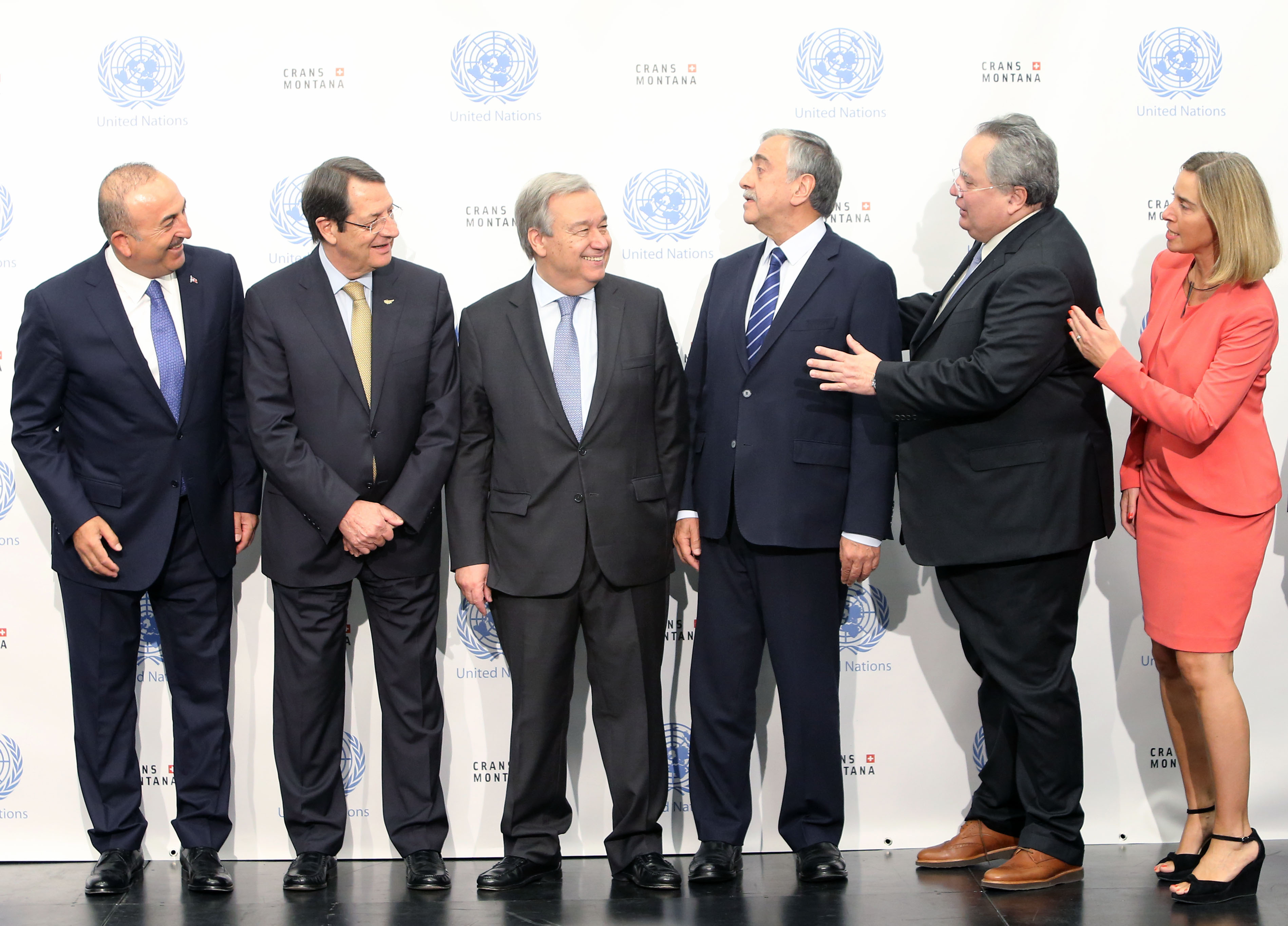It is still very early to say whether the ceasefire agreement signed by Israel and Hamas on Thursday will lead to the full implementation of US President Donald Trump’s 20-point peace plan. For now, the fighting has stopped and the remaining Israeli hostages, held for two years, will be released as will some 2,000 Palestinian prisoners.
Everyone acknowledges, however, that it will be very difficult to get the two sides to agree to many of the points of the plan. There will be groups on both sides that will fight it, but this should take nothing away from Trump’s achievement. The American president was the driving force behind the deal, assisted by Qatar, Egypt and Turkey, who were in direct contact with Hamas.
We in Cyprus should note that the United Nations had absolutely no involvement in the US-led diplomacy that eventually produced the deal. Israel does not consider the UN an honest broker and would never have engaged in any form of negotiations with the organisation. It should also be mentioned that nobody other than the president of the US could have applied pressure effectively on prime minister Benjamin Netnayahu. The UN would have got nowhere, even if it undertook an initiative, in keeping with its general ineffectiveness.
The UN is still revered in Cyprus and despite its 60-year record of complete failure, our politicians still pin all hopes for a settlement on the UN, labouring under the illusion that the national problem must be solved within the UN framework and referring to UN resolutions as if they were divine law. Admittedly, 60-plus years of failure is not exclusively the fault of the UN, which has allocated sizeable resources to the Cyprus peace process over the decades. The two sides have made a significant contribution, by refusing to cooperate or undermining initiatives at different times.
Strangely, the UN never gave up on Cyprus despite the decades of unmitigated failure – it was still here after the Annan plan fiasco in 2004 and the collapse of Crans Montana in 2017. There has been no peace process for the last eight years, during which personal envoys of UN Secretary General Antonio Guterres have come and gone. More recent attempts by Guterres to get a new process (resumption of talks) going, via meetings with the leaders and so-called five-party conferences, have led nowhere.
This irrational obsession with the UN dates back to the 1950s, before independence, when Archbishop Makarios insisted on taking the Greek Cypriot demand for self-determination to the UN General Assembly, against the advice of Greek governments. It did the cause of Enosis no good. In 1964, aware that the troubles in Cyprus were causing a dangerous rift between Nato members Greece and Turkey, the US government sent Under Secretary of State George Ball to Cyprus to persuade Makarios to work on a solution with the US and guarantor powers, all of which were Nato members. Makarios would not hear of it, insisting on taking the Cyprus problem to the UN. Sixty-one years later it is still at the UN.
Makarios had been encouraged to go to the UN by the Soviet Union because he would have the support of the members of the non-aligned movement (a Soviet creation). By having the Cyprus issue at the UN, Makarios could boast about favourable UN resolutions, which were worthless, while the Soviets ensured the rift between Greece and Turkey, which affected Nato’s southeastern flank was preserved. The Russian Federation carried on using the Cyprus Republic to play the same game, using its seat on the Security Council to help maintain the Cyprus problem as a cause of continuous tension between Greece and Turkey.
How can all our politicians still have faith in the UN and its worthless resolutions, which President Christodoulides cites whenever he talks about his desire for a resumption of the talks? Can we not see that the UN is also part of the problem, even if the presence of Unficyp provides Greek Cypriots with an illusory sense of security? In a way, the chances of some kind of agreement (call it a settlement call it an arrangement) between the two sides would be given a boost if an end was called to UN involvement and Unficyp pulled out of the island. As President Trump showed, there are more effective ways of ending wars and solving problems than by relying on an astonishingly ineffective UN.






Click here to change your cookie preferences